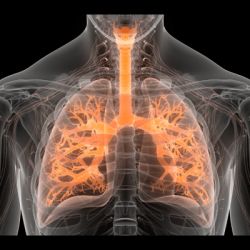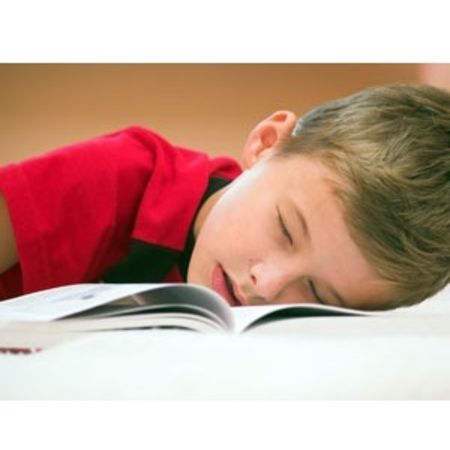A study published in the Frontiers in Human Neuroscience presents the effects of acute sleep restriction in children for the first time. It has shown that the developing brain of children aged 5 to 12 responds differently to sleep deprivation compared to the brain of adult individuals. The reduced amount of sleep leads to an increased need for deep sleep in posterior maturing regions of the brain, which are involved in vision, spatial perception and processing multi-sensorial input.
When adults are deprived of sleep, the brain responds with an increased need for deep sleep, quantified as slow-wave activity (SWA) in the prefrontal brain regions in the sleep electroencephalogram (EEG). However, there is no evidence of the impact of acute sleep restriction in the developing brain of children. In children the posterior brain regions are linked to myelin content, which is associated with brain maturity and increases in the course of childhood and adolescence. The team of researchers from the United States, Switzerland and the UK recorded brain activity and measured the myelin content of the brain in 13 healthy 5- to 12-year-old children. On the first occasion, the children went to bed at their normal bedtime, whereas the second time, they received half the normal amount of sleep. High-density sleep EEG was assessed during habitual and restricted sleep, and brain myelin content was obtained using mcDESPOT magnetic resonance imaging.
The results of the study showed that the deep-sleep effect occurred in a particular part of the brain, the optic radiation, which is associated with myelin content and is part of the visual system responsible for spatial perception and processing multi-sensorial input.
According to the researchers, this effect may only occur during sensitive developmental phases in childhood or adolescence. The quality of sleep is also important for the optimal development of neuronal connections. It is therefore particularly important for a child to sleep sufficiently during this life phase.
Source : Frontiers in
Human Neuroscience
References:
Salome Kurth, Douglas C. Dean, Peter Achermann, Jonathan O’Muircheartaigh, Reto Huber, Sean C. L. Deoni, Monique K. LeBourgeois. Increased Sleep Depth in Developing Neural Networks: New Insights from Sleep Restriction in Children. Frontiers in Human Neuroscience, 2016; 10 DOI: 10.3389/fnhum.2016.00456























